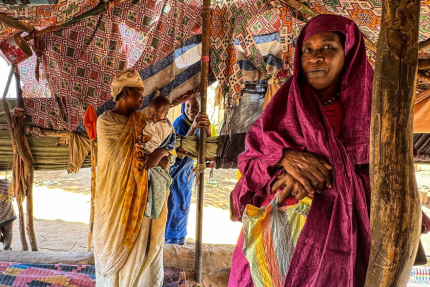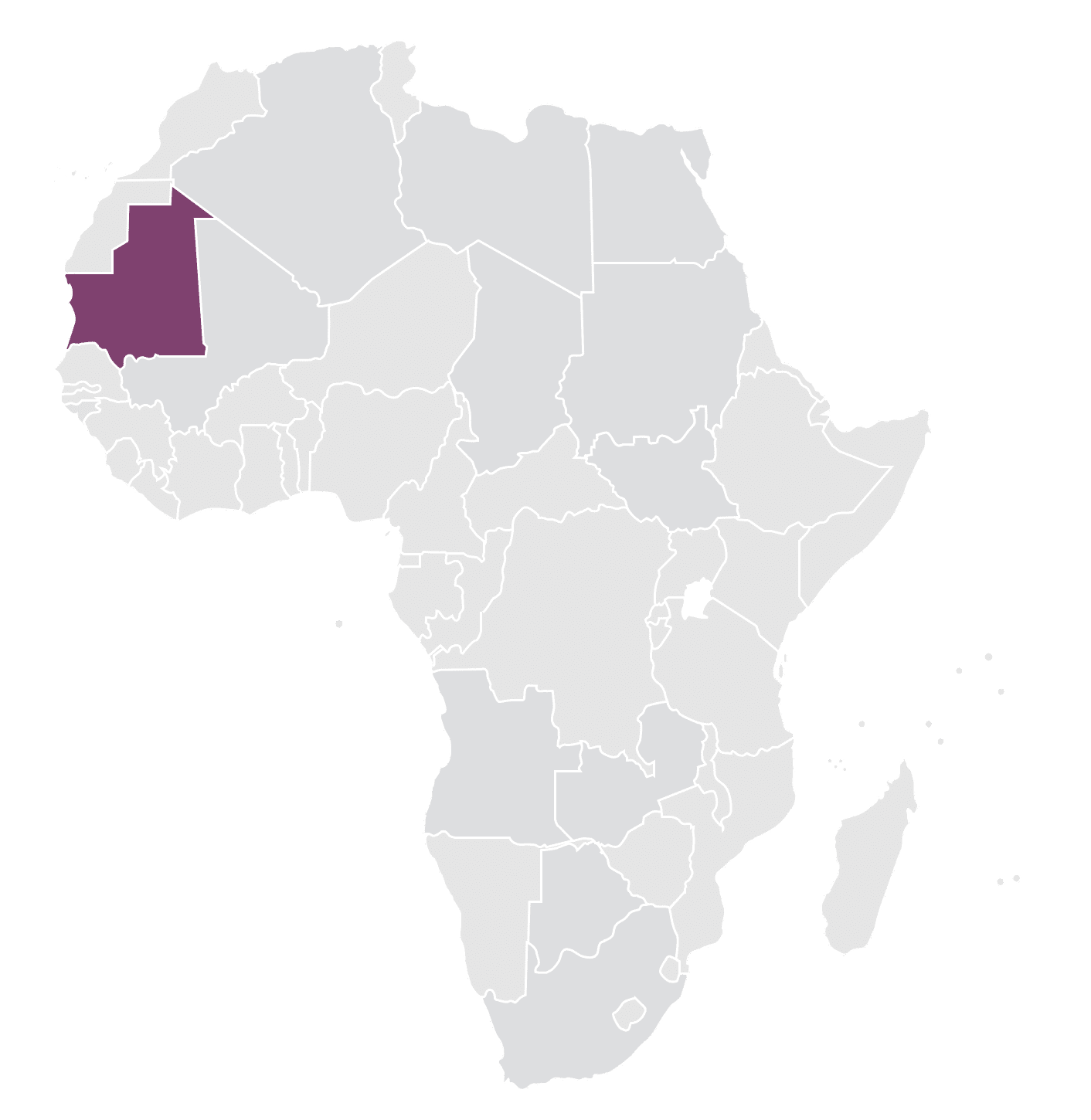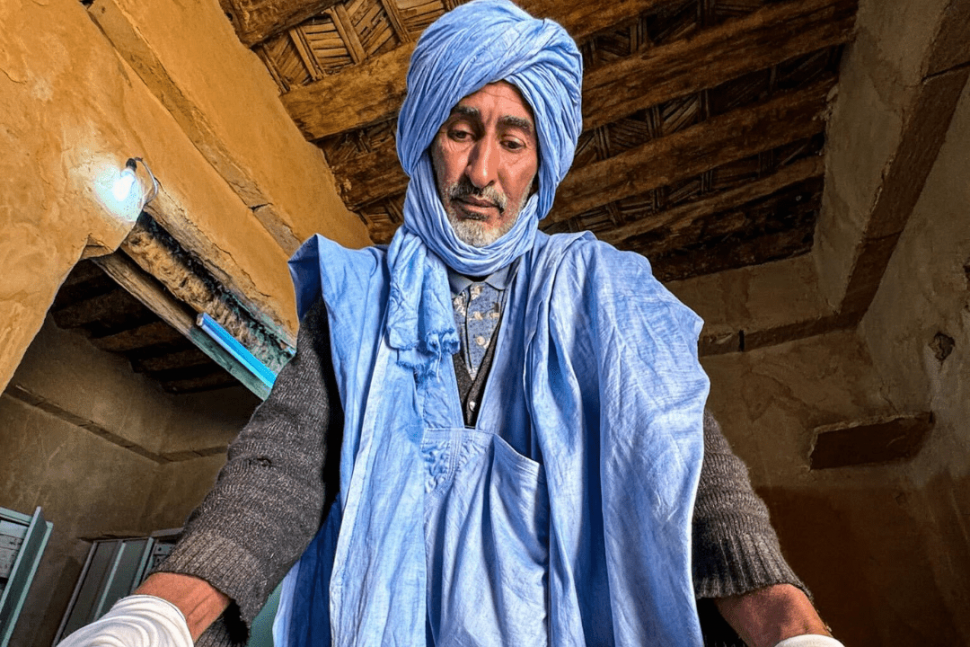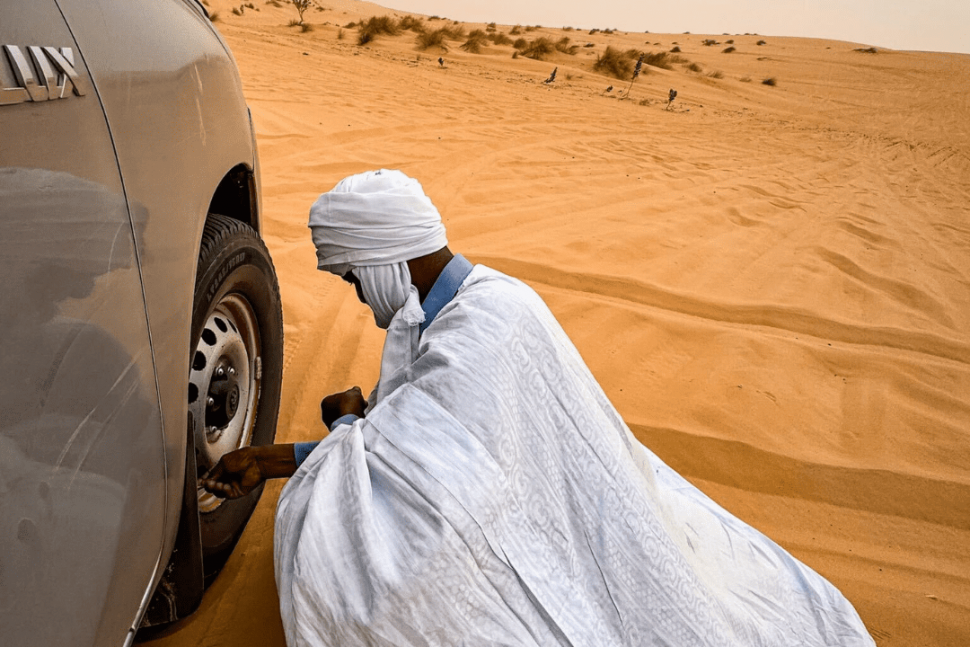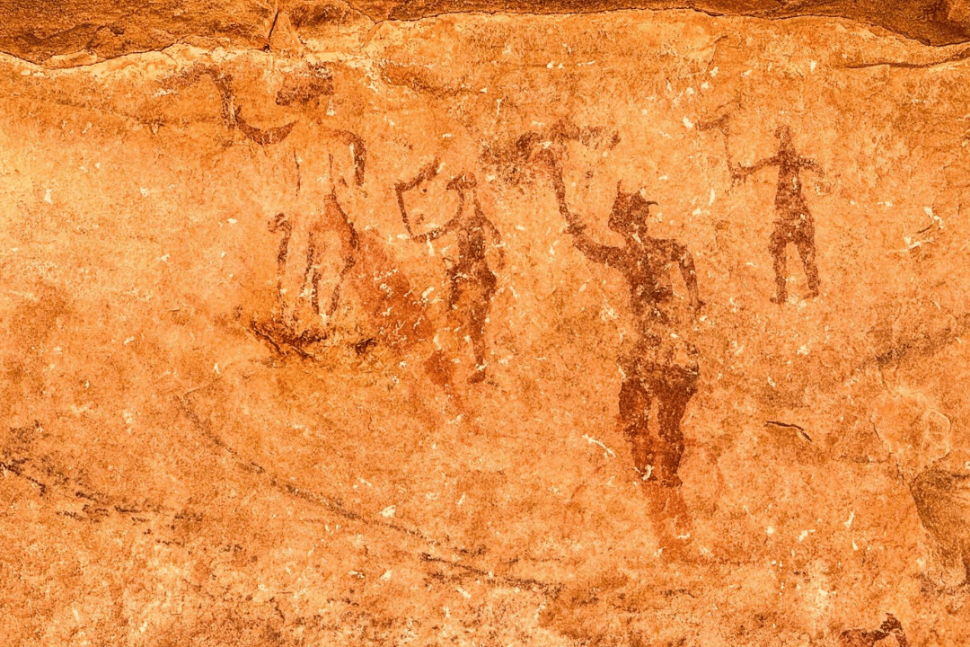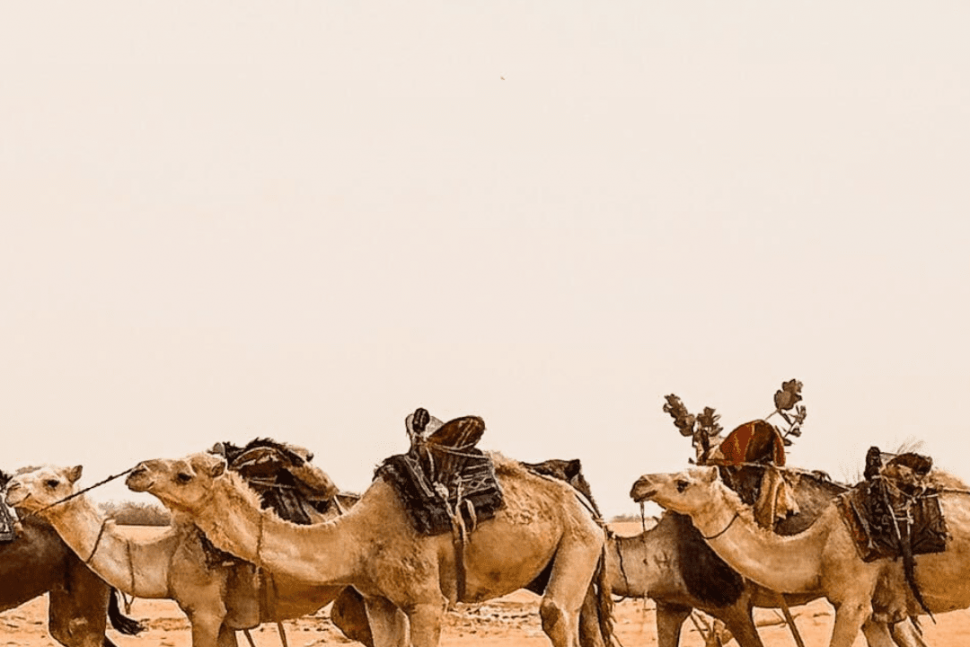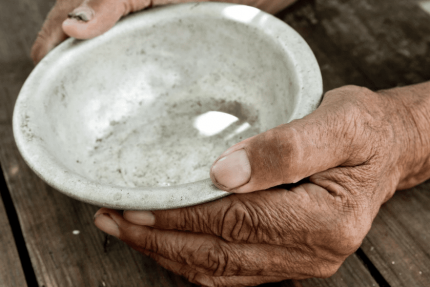“Where are we going today?”
“Not far.”
“So, same place as yesterday?”
I tease Abdullah because in Mauritania everything is either “far” or “not far”. That’s the local way of measuring distance. You can’t make a Moor count kilometers.
After a week in Mauritania, I lose faith in kilometers and watches. Abdullah is our compass. He doesn’t follow roads; he charts his own. He doesn’t know how he knows. He just knows. In Mauritania, you don’t ask too many questions – that’s a lesson I learned from Bishop Happe of Nouakchott. 400 kilometers east of the capital, in the middle of nowhere. The road ends, and there’s simply nothing beyond. I begin to understand. I don’t ask anymore. I listen.
“The desert teaches solidarity. If you lose money here, you just need to go back to where it fell out. It will still be there. No one will take it. The desert makes life so hard for people that they don’t want to add to each other’s problems.”
Abdullah is proud to show off the greatest treasures of his country. He straightens up in the driver’s seat. He looks for something on the horizon.
“We’re not far now.”
He keeps saying that, so it doesn’t bother us. He jumps out of the car and lets some air out of the tires to drive onto a big sandy dune. At the top, everything is the same. A lunar landscape. Sand and stones. He drives without GPS, without a pin. And he knows where he’s going. We arrive at a large rock. A stop in the middle of nowhere. The rock isn’t guarded, no soul in sight, but on the rock we can see prehistory. Paintings made by hands of primitive people. Unprotected, not locked in a museum. It stands where it stood when the first people left their mark on it.
We drive on.
“Where?”
“Not far. To Chinguetti.”
Abdullah is proud to have caught us off guard and is either to land another blow.
The seventh holiest city of Islam. In ancient times, its citizens loved the written word above all. Manuscripts from centuries ago are kept here by proud library guardians. That’s what makes Chinguetti famous. In one of the libraries, we signed the guest book, believing that if the zeal in guarding history doesn’t fade for the residents of Chinguetti, people with white gloves on will be reading our greetings in a few centuries.
We visit various places with Abdullah, including some beautiful ones that he is proud of. We want to understand Mauritania and its people. We’re not here for the impressive manuscripts or to experience the harshness of the desert. We’re here because others experience it daily, suffering from hunger and poverty. Not far from here.
